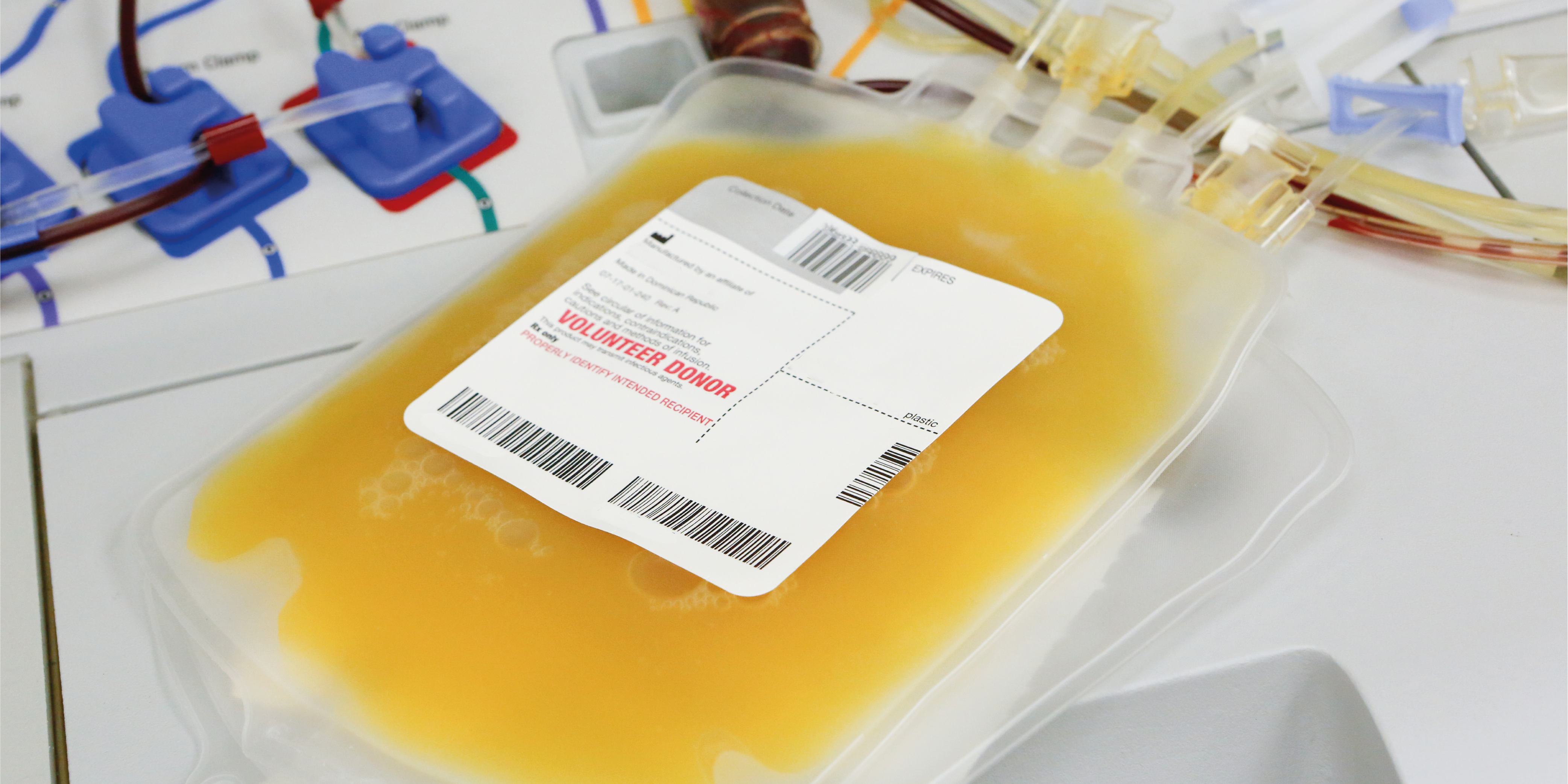
Platelets, also known as thrombocytes, are small, disk-shaped cells that play a vital role in the blood clotting process. They are produced in the bone marrow and released into the bloodstream where they help to stop bleeding by forming a "plug" at the site of a damaged blood vessel. Platelets are essential for maintaining normal blood clotting function, and without enough platelets, the body is at risk of bleeding too easily, which can lead to serious complications.
There are several different types of platelets, each with its own unique function. Alpha platelets are involved in the initial stages of blood clot formation, and they are activated when a blood vessel is damaged. They begin to adhere to the damaged area and release chemicals that attract more platelets to the site, creating a "plug" that helps to stop the bleeding. Delta and gamma platelets are involved in the later stages of blood clot formation, and they help to reinforce the clot and prevent it from breaking down too quickly.
Platelet disorders can be caused by a variety of factors, including genetics, underlying health conditions, and certain medications. Thrombocytopenia is a condition characterized by low platelet counts, and it can be caused by a variety of factors, including infections, autoimmune diseases, and certain medications. On the other hand, thrombocytosis is a condition characterized by high platelet counts, and it can be caused by cancer, inflammation, and other conditions. Platelet disorders can lead to serious complications, including bleeding and bruising, and it is important for individuals to be aware of the potential for platelet disorders and to seek medical attention if they are experiencing unusual bleeding or bruising.
Platelets can be donated through a process called apheresis, in which platelets are separated from other blood components and collected. Platelet donations are typically used to help patients with low platelet counts, such as those with cancer or undergoing chemotherapy, as well as those who have suffered from a traumatic injury. One of the challenges of using platelets for transfusion is that they have a relatively short shelf life, typically only about five days. This means that hospitals and other healthcare facilities must have a constant supply of platelets on hand to meet the needs of patients.
In addition to being used for transfusion, platelets can also be used for research purposes. Scientists are constantly studying platelets in order to better understand their function and to develop new treatments for platelet disorders. By donating platelets, individuals can not only help to save lives, but they can also contribute to important research efforts that may lead to new and improved treatments for platelet disorders.
Donating platelets through apheresis is a simple and effective way to help those in need, and it can make a significant difference in the lives of patients with low platelet counts. Many people are eligible to donate platelets, and the process is typically quick and relatively painless. If you are interested in donating platelets, it is important to consult with a healthcare provider to determine your eligibility and to learn more about the process.
In conclusion, platelets are an essential component of the blood clotting process, and their role in maintaining normal clotting function cannot be overstated. While platelet disorders can be caused by a variety of factors, early diagnosis and treatment can help to prevent serious complications and improve outcomes. Donating platelets through apheresis is a simple and effective way to help those in need, and it can make a significant difference in the lives of patients with low platelet counts.
By taking steps to donate platelets and support those in need, we can help to ensure that life-saving platelets are available to those who need them. In addition to saving lives, donating platelets can also support important research efforts that may lead to new and improved treatments for platelet disorders. Whether you are considering donating platelets for the first time or you are an experienced donor, you can make a meaningful difference in the lives of others by giving the gift of platelets. So why not consider donating platelets today and join the ranks of those who are making a positive impact on the world through the power of blood donation?
